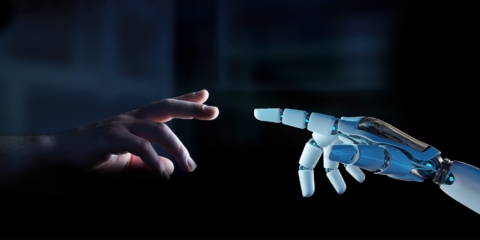Would you like to get notifications from Christian?
The future aircraft is set to take off in just a few years! Hybrid Air Vehicles has announced that their sustainable airship, the Airlander, will be ready for commercial flights by 2026. This aircraft is unique in that it runs on hybrid power, using both gas and electric engines. It is also environmentally friendly, as it does not produce any emissions. The Airlander can carry up to 100 passengers simultaneously and travel at speeds up to 130 kph.
What are the consequences of this on people and travel?
This is important because it signals a shift in the aircraft industry towards more sustainable and environmentally friendly practices. The Airlander is a game-changer, as it does not produce any emissions. This means that air travel can become more sustainable in the future, which is good news for the environment. It also means that people concerned about the environmental impact of travel will have another option to consider when planning their trips.
What do you think?
Do you think hybrid aircraft are the way of the future? Do you think they will be able to replace traditional aircraft? Let us know your thoughts in the comments below!
Author: Christian Kromme
First Appeared On: Disruptive Inspiration Daily
Christian is a futurist and trendwatcher who speaks about the impact of exponential technologies like AI on organizations, people, and talents. Christian tailors his presentations to your audience’s specific industries and needs.




Embracing the advancements of technology and AI can enhance our humanity. We can focus on developing our unique talents and skills by automating mundane tasks and freeing up our time. As humans, we can adapt and learn, allowing us to evolve and stay relevant in a rapidly changing world constantly.


Organizations will need to be more fluid, dynamic, and adaptable: the ability to change and adjust in response to new situations and environments. We are on the cusp of a new era of organizations, ones that are more fluid and agile and which behave like swarms we see in nature.




In the future, 3D printing and generative design will allow for products to be designed in a more decentralized manner, and production will take place closer to the customer and fully on-demand. 3D printing technology will also allow for more customization and personalization of products.


The agricultural industry is ripe for disruption. Robotics, AI, and IoT are all technologies that have the potential to radically transform the way we grow food. In combination with vertical farming, these technologies could increase the efficiency and quality of agricultural products.

A human-centered society is one that puts people first and where technology is used to unite and empower people. It is a society that values biological life and dignity above all else. It is a society that recognizes the importance of human relationships and works to strengthen them. In a human-centered society, all members of the community are valued and treated with respect.


The future of healthcare is here. New technologies like AI, IoT, big data, and smart sensors make it possible to become the CEO of your own health. Imagine that your phone can listen to your voice and AI algorithms can detect small nuances in the tone of your voice that indicate specific diseases.
